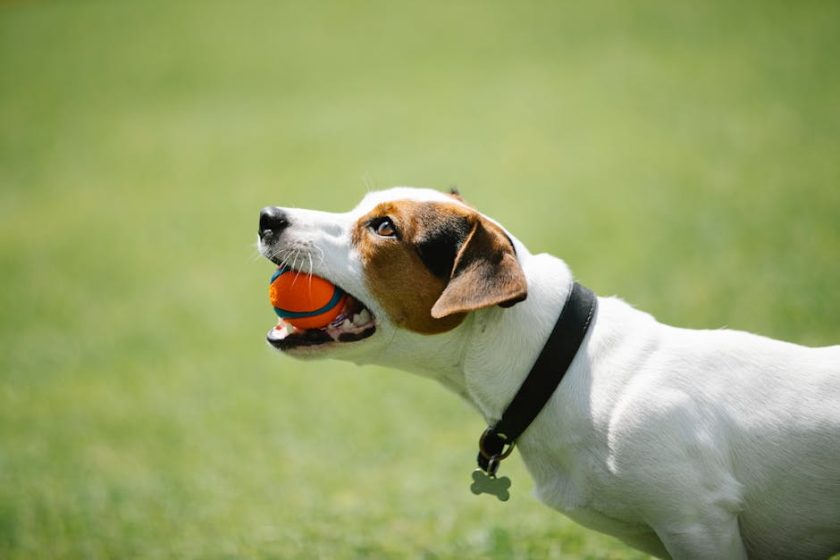Dog training is a rewarding journey for both you and your canine companion. It builds a strong bond, enhances communication, and ensures a harmonious life together. Whether you have a playful puppy or an adult dog, consistent and positive training methods are key to success. This guide offers valuable insights and practical tips to help you navigate the world of dog training effectively.
Understanding your dog's unique personality and learning style is crucial. Some dogs are highly motivated by food, while others respond better to praise or toys. Observe your dog's reactions to different stimuli and tailor your training approach accordingly. Patience and consistency are paramount throughout the process.
Start with basic obedience commands like sit, stay, come, and down. Use positive reinforcement techniques such as rewarding desired behaviors with treats, praise, or a favorite toy. Keep training sessions short and engaging to maintain your dog's focus and prevent boredom. Consistency is key, so practice these commands daily in various environments.
House training requires patience and a structured approach. Establish a regular potty break schedule and take your dog to the designated spot frequently. Reward successful potty breaks with praise and treats. Clean up accidents thoroughly to eliminate odors and discourage repeat offenses. Crate training can be a helpful tool for house training, providing a safe and secure space for your dog.
Leash training is essential for safe and enjoyable walks. Introduce the leash gradually and reward your dog for walking calmly by your side. Avoid pulling or jerking the leash, as this can create negative associations. Use positive reinforcement to encourage loose-leash walking and make walks a positive experience for both of you.
Socialization is vital for a well-adjusted dog. Expose your dog to various sights, sounds, people, and other dogs in a controlled and positive manner. Early socialization helps prevent fear and aggression and promotes confident interactions. Enroll your dog in puppy classes or arrange playdates with friendly, vaccinated dogs.
Addressing problem behaviors requires patience and understanding. Identify the underlying cause of the behavior, such as fear, anxiety, or lack of training. Consult with a professional dog trainer or veterinarian for guidance on addressing specific issues. Never use punishment or harsh methods, as these can worsen the problem.
Dog training is an ongoing process that strengthens the bond between you and your dog. Continue to reinforce learned behaviors and introduce new challenges to keep your dog mentally stimulated and engaged. Enjoy the journey of learning and growing together, and celebrate the successes along the way.

